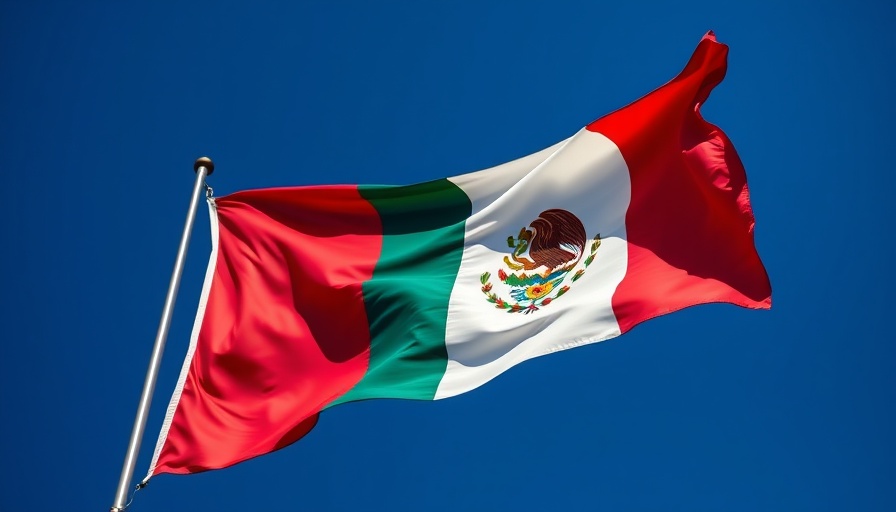
The Shift to a Modernized Alcohol Tax System in Mexico
In response to mounting pressure for fiscal reform, Mexico is taking significant steps to revamp its alcohol tax structure. The government aims to replace its outdated price-based taxation with a new model based on the alcohol content in beverages—an innovative approach informed by global best practices. This transformative change comes as both fiscal and health organizations advocate for more effective excise taxes.
Transitioning from Ad Valorem to Ad Quantum
The proposed overhaul will move away from the existing three-tiered ad valorem tax system, where rates were higher for stronger alcoholic beverages. Instead, Mexico will implement a uniform ad quantum tax, charging $1.40 MXN per degree of alcohol per liter, promising to simplify tax calculations and potentially reduce the informal alcohol market, where a staggering 42.5% of distilled beverages are sold untaxed.
The Role of Beer in Mexico’s Alcohol Market
Beer reigns supreme, commanding over 93% of Mexico's alcohol market share. Despite its dominance, beer and fresh drink sales account for only two-thirds of excise tax revenues. The new tax proposal could change this, prompting a more equitable distribution of tax contributions from all alcohol types, including spirits and wine, which currently yield lower revenues.
Fiscal Implications and Revenue Growth
This proposed transition is not just an administrative tweak; it’s projected to increase baseline tax revenues. The existing excise tax collections, which surged from $38 billion MXN in 2014 to nearly $74 billion MXN in 2023, demonstrate the strong financial potential of this reform. A well-structured ad quantum tax could optimize earnings from the alcohol sector.
Reducing Illicit Markets and Encouraging Compliance
One of the main objectives of this tax reform is to tackle the robust illicit alcohol market, which thrives under the current system. By establishing a tax that aligns with international best practices, Mexico not only aims to increase tax revenue but also to discourage informal sales, thereby enhancing compliance within the industry.
As Mexico stands at a crossroads with its alcohol tax system, the proposed changes herald a new era. If implemented effectively, this modernized tax system could reshape the landscape of alcohol production and sales, making compliance easier for businesses while fortifying government revenues. The shift reflects a growing understanding of the importance of smart tax structures in promoting both public health and fiscal responsibility.
 Add Row
Add Row  Add
Add 

 Add Row
Add Row  Add
Add 







Write A Comment